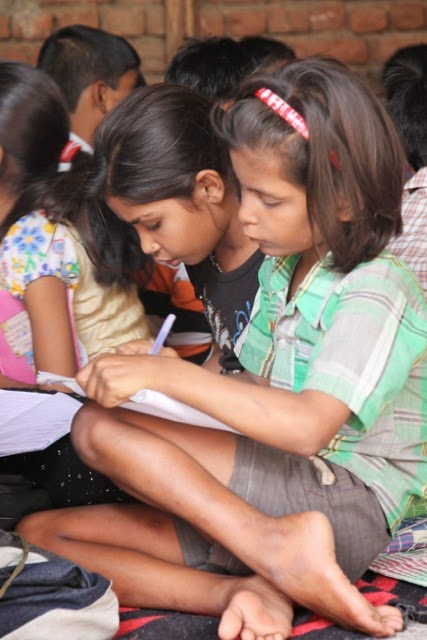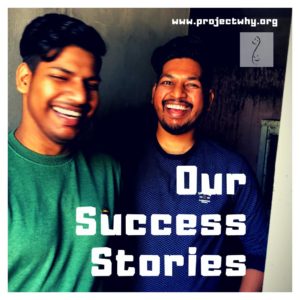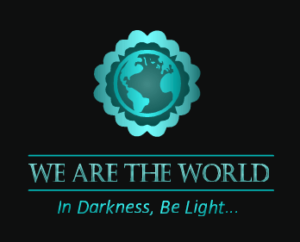As I opened my mailbox today, I saw a mail entitled: India’s education policy needs a complete overhaul! I opened it and found a link to an article bearing the same title. The author is an eminent educationalist. The opening paragraph is spot on: I was glad I did not know the boy standing on the high diving board, hesitating to take the leap. As I walked past, I realised it was the perfect analogy for India and her education issues. We still have to take that leap. It is known that the waters will be chill for a while, there will be shock; it will take some courage to take the leap, but it must be done. Standing up on the diving board only exposes oneself to fear and vulnerability; it won’t get us to a place where we can at least join the race, forget about winning it. These are exactly my thoughts and feelings. It is high time India took that leap, no matter how scary or shocking. Waiting is no more an option.
I read the article with interest. The big leap, as the author says, is different thinking. One was hoping that the new dispensation would address primary education head on, but it seems to be frozen on that diving board. A few cosmetic changes prompted by ideologies or other factors will do more harm than good. The author suggests that education should not be viewed as pouring money into a dark hole but as an investment. She goes on to say that education should also be viewed as essential infrastructure, influence and inspiration.
I agree with most of what is proposed but also realise that such mind shifts will take time and the one thing that education does not have is time, and while these ideas are accepted and then made into policy many will have missed the boat.
What we also need is bridge options that would benefit those in school today. In a small way that is what we try and do at project why. It may not be the ideal solution, but is better than nothing. As the author says, there are 12 million people entering the work force every year so let us say the new policy takes 5 years to be implemented 60 million will have moved on.
In the fifteen years I have been associated with education at the lowest end of the spectrum I have witnessed first hand the nitty gritty of education as it is imparted in state run schools. To sum it up in a word: pathetic! Overcrowded classes, disinterested teachers, scant teaching, poor infrastructure. The fact that 33% is the pass percentage, what you get at end of the line is poor quality. Maybe the first step that should be taken if anyone is interested in quality education, is to raise the pass percentage to 50%. It is a simple an easy step, provided you are truly interested in educating children across the board.
Then the sum of our education is rote learning of things you barely comprehend and regurgitate at every exam and as you need a mere 33% to pass, the writing is on the wall.
I am not an educationist or an expert in policy making. My wisdom, if I may call it so, comes from the fifteen long years I have spent with the very children that are been talked about. All is well I presume on the other side of the fence as the lapses and shortcoming of our existing system is taken care of by the support of the family ably aided by a myriad of things ranging from tutors, to learning material, access to knowledge banks virtual and others laced with love and understanding.
However, on the other side of the fence, education is often limited to what the school imparts, and in some cases with the addition of what organisations like ours give.
When I began this journey, I was deeply impressed by the four pillars of education as enunciated by Jacques Delors. These are: learning to know (the development of knowledge and skills that are needed to function in the world. These skills include literacy, numeracy and critical thinking), learning to do (involves the acquisition of skills that are often linked to occupational success, such as computer training, managerial training and apprenticeships), learning to live together (involves the development of social skills and values such as respect and concern for others, social and inter-personal skills and an appreciation of the diversity) and learning to be ( involves activities that foster personal development (body, mind and spirit and contribute to creativity, personal discovery and an appreciation of the inherent value provided by these pursuits). If these were to be the canons of education across the board, the changes we all aspire for would become reality.
Actually education today is barely the first pillar: at best literacy and numeracy!
If I could be a change maker I would revisit the education system and makes changes in sync with the realities on the ground ands the first thing I would do is ensure that all the four pillars mentioned above find their place all along. Keeping in mind the 12 million that enter the workforce every year it is crucial to impart skills that meet the market demands and these can be imparted as early as class VI or VII.
Not every child is destined to be a doctor or a nuclear scientist. Academically inclined children would pursue academics. For those who are less inclined, it would be judicious to try and assess their preferences and guide them in the right direction by providing them skill training and apprenticeships while they are still in school. To this one would add the others pillars of learning to live together and learning to be.
If we are indeed standing on the diving board and waiting to jump, then we must have the courage and guts to make radical and not cosmetic changes to the existing education system, the courage to dare to jump in the void without a parachute and see whether we have the wings needed to fly.





